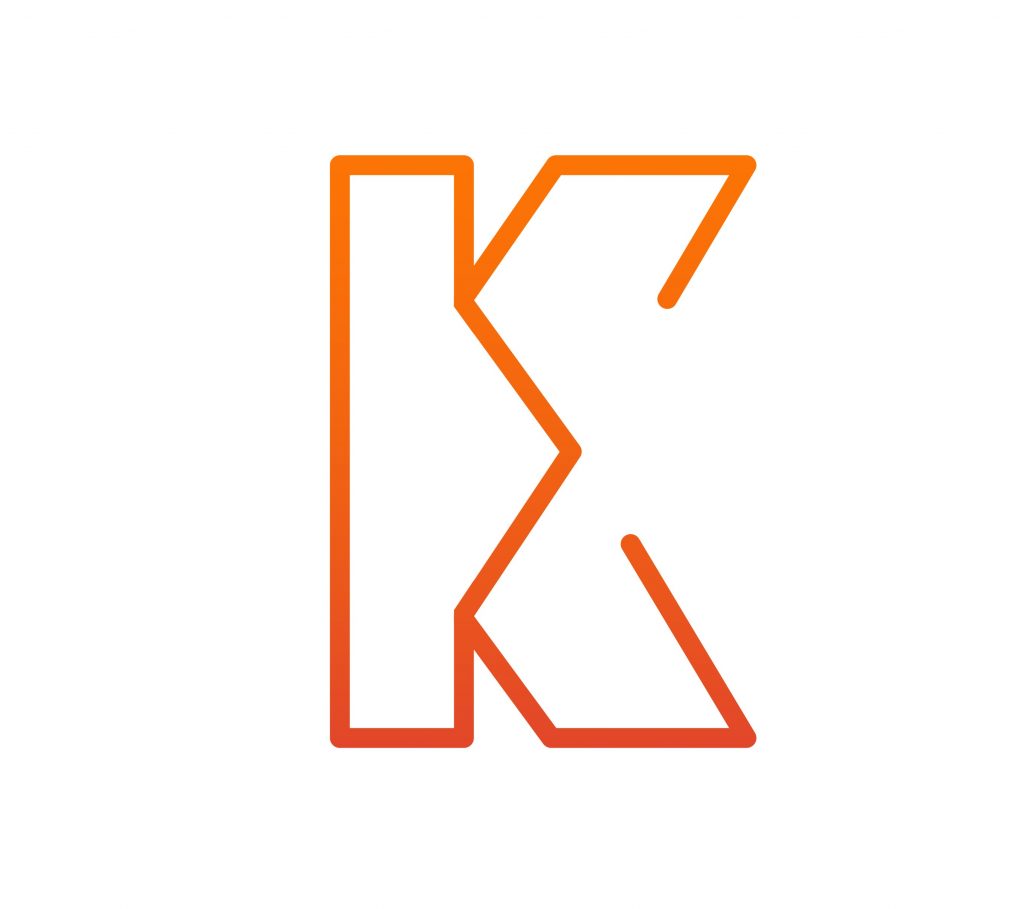Data labeling plays a crucial role in enhancing the accuracy and performance of machine learning models by providing annotated training data. In this article, we delve into the powerful world of data labeling and its significance in improving these models.
What is Data Labeling?
Data labeling, also known as data annotation, is the process of assigning meaningful and accurate tags or labels to raw data, making it understandable and actionable for machine learning algorithms. It involves the human annotation of data points with relevant labels, such as classifying images, transcribing audio, or tagging text.
The Importance of High-Quality Data Labeling
Enhancing Model Accuracy
Data labeling is crucial for training machine learning models effectively. By providing labeled data, we equip the models with the necessary information to learn patterns, make predictions, and generate meaningful insights. High-quality data labeling ensures that the models receive accurate annotations, leading to improved accuracy and performance.
Addressing Bias and Ambiguity
Data labeling also helps mitigate bias and ambiguity in machine learning. Through meticulous labeling, potential biases within the training data can be identified and addressed, promoting fairness and inclusivity in the resulting models. Additionally, clear and precise labels reduce ambiguity and provide consistent interpretations, enhancing the overall reliability of the models.
Optimal Resource Utilization
Efficient data labeling enables optimal resource utilization. By clearly defining labeling guidelines and leveraging advanced annotation tools, the labeling process becomes streamlined and scalable. This ensures that valuable resources, such as time and human expertise, are utilized efficiently, maximizing productivity and reducing costs.
Techniques for Effective Data Labeling
Manual Data Labeling
Manual data labeling involves human annotators carefully examining each data point and assigning appropriate labels. This approach is well-suited for complex tasks that require human intuition and expertise, such as image segmentation or sentiment analysis. At Kotwel, we have a team of highly skilled and experienced annotators who ensure accurate and precise labeling.
Semi-Supervised Learning
Semi-supervised learning combines labeled and unlabeled data to train machine learning models. With this approach, a subset of the data is labeled manually, while the remaining data is used for unsupervised learning. Leveraging semi-supervised learning can significantly reduce the labeling effort while maintaining satisfactory model performance.
Active Learning
Active learning is an iterative process where the machine learning model actively selects the most informative data points for labeling. By strategically choosing the most uncertain or challenging data instances, active learning optimizes the labeling process, minimizing the overall effort required. This technique is particularly useful when dealing with vast amounts of data, allowing efficient utilization of labeling resources.
Best Practices for Data Labeling
Clear Labeling Guidelines
Establishing clear and comprehensive labeling guidelines is crucial for consistency and accuracy. Well-defined guidelines provide annotators with a solid understanding of the desired labels, reducing ambiguity and potential errors. Regular training sessions and open channels of communication with annotators ensure the guidelines are understood and followed consistently.
Iterative Annotation Reviews
Iterative annotation reviews involve multiple rounds of quality checks to validate the accuracy and consistency of the labels. By conducting regular reviews, potential errors or discrepancies can be identified and rectified promptly, ensuring the labeled data meets the highest standards.
Continuous Improvement
Data labeling is an ongoing process that requires continuous improvement. As models evolve and new challenges arise, reevaluating and refining the labeling strategies become crucial. By embracing a culture of continuous improvement, we can ensure that the labeled data remains relevant and effective in training state-of-the-art machine learning models.
By effectively leveraging data labeling techniques and embracing best practices, you can propel your machine learning projects to new heights of success and gain a competitive edge in the rapidly evolving AI landscape.
High-quality Data Labeling Services at Kotwel
Data labeling is an indispensable component of machine learning that significantly enhances model accuracy, reduces bias, and optimizes resource utilization. At Kotwel, we provide top-notch data labeling services tailored to your specific needs. With our expertise, we ensure high-quality labeled data that empowers your machine learning models to achieve unprecedented performance.
Kotwel is a reliable data service provider, offering custom AI solutions and high-quality AI training data for companies worldwide. Data services at Kotwel include data collection, data labeling (data annotation) and data validation that help get more out of your algorithms by generating, labeling and validating unique and high-quality training data, specifically tailored to your needs.



